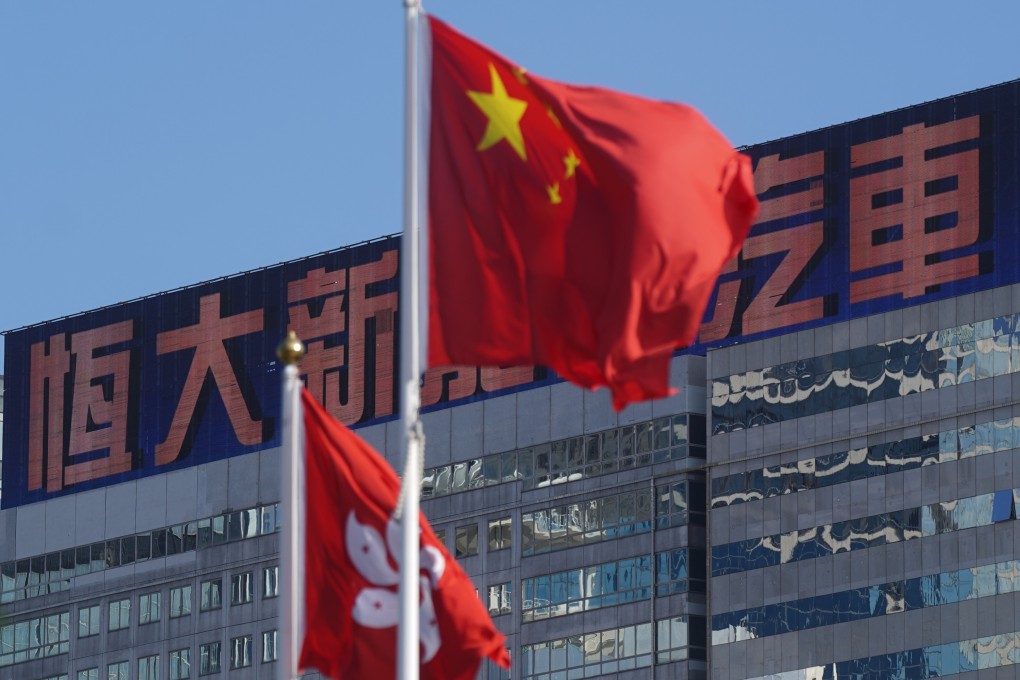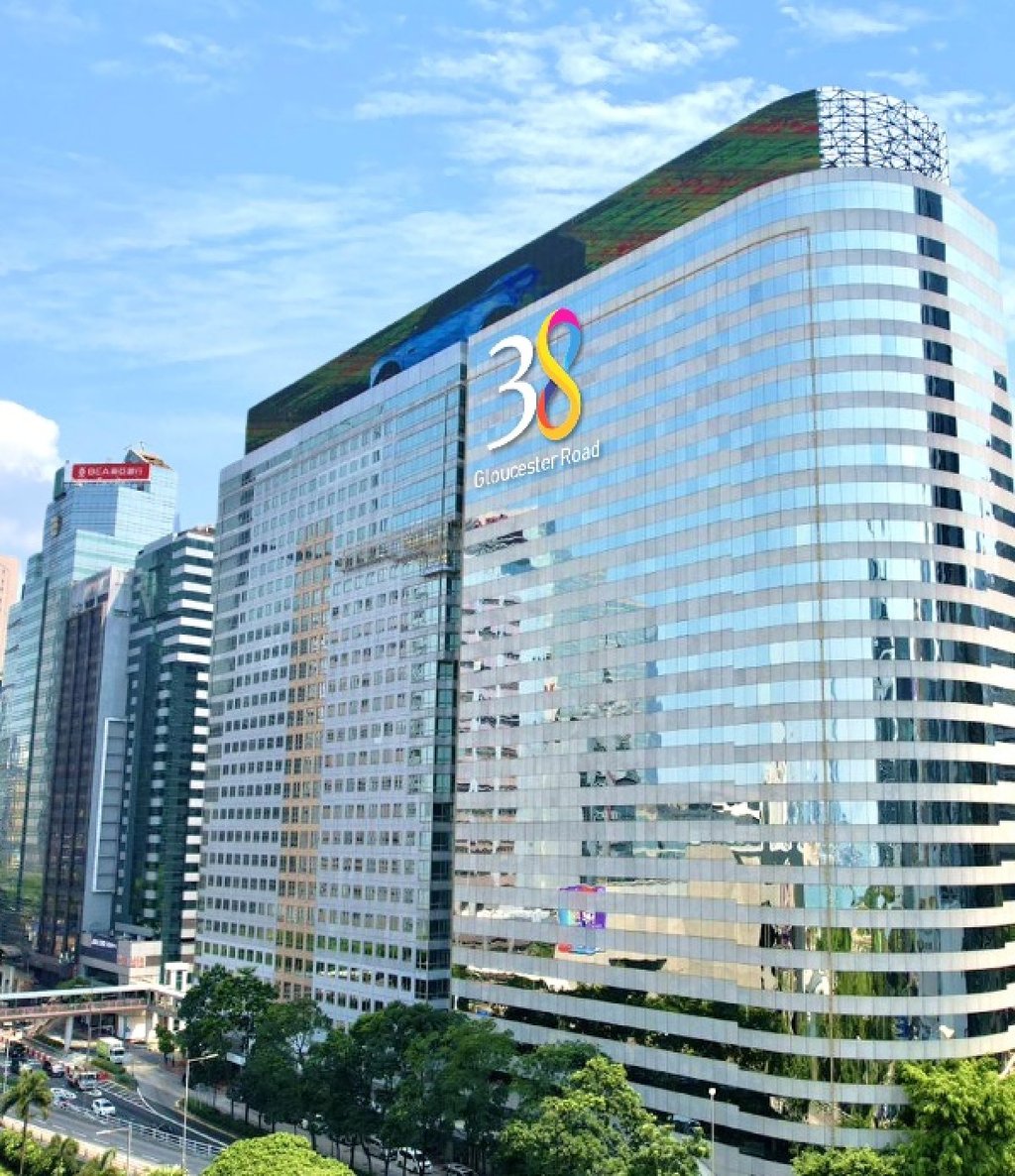Advertisement
Evergrande crisis: receivers put Hong Kong trophy headquarters building on market as lenders run out of patience
- Sole agent Savills invites bids for the 27-storey tower in Wan Chai after winning the mandate from two receivers from Alvarez & Marsal
- Evergrande Centre on Gloucester Road may fetch between HK$10.7 billion and HK$17.3 billion based on recent transactions on landmark sites
Reading Time:2 minutes
Why you can trust SCMP

China Evergrande Group appears to have lost one of its crown jewels after creditors put its headquarters building in Hong Kong on the market to recover their debt, while the cash-strapped developer struggles to offer a plan to restructure about US$300 billion of liabilities.
Advertisement
Savills has invited bids for the 27-storey Evergrande Centre, a grade A office building located on Gloucester Road in Wan Chai, according to a press statement on September 25. The tender will close at noon on October 31. The asset may fetch at least HK$10.7 billion (US$1.36 billion).
The UK property consultancy won the sole agent mandate from the receivers Tiffany Wong and Kitty Yeung, who are both directors in Hong Kong at global restructuring and management advisory firm Alvarez & Marsal.
The firm declined to comment. Evergrande has not disclosed the news, or signalled its intention to challenge the move.
The asset is held under Pioneer Time Investment, a unit incorporated in the British Virgin Islands, according to filings. Evergrande paid US$1.6 billion or a then-record HK$36,187 per square foot to acquire the asset then known as Mass Mutual Tower, from developer Chinese Estates Holdings in late 2015.

The move is a major blow to founder and chairman Hui Ka-yan, who has bought more time to deliver a debt reorganisation plan by self-imposed deadline earlier this year to appease lenders and creditors. The Shenzhen-based developer defaulted on two dollar-denominated bonds in December, triggering a cross-default on some US$20 billion of foreign-currency bonds.
Advertisement

Advertisement